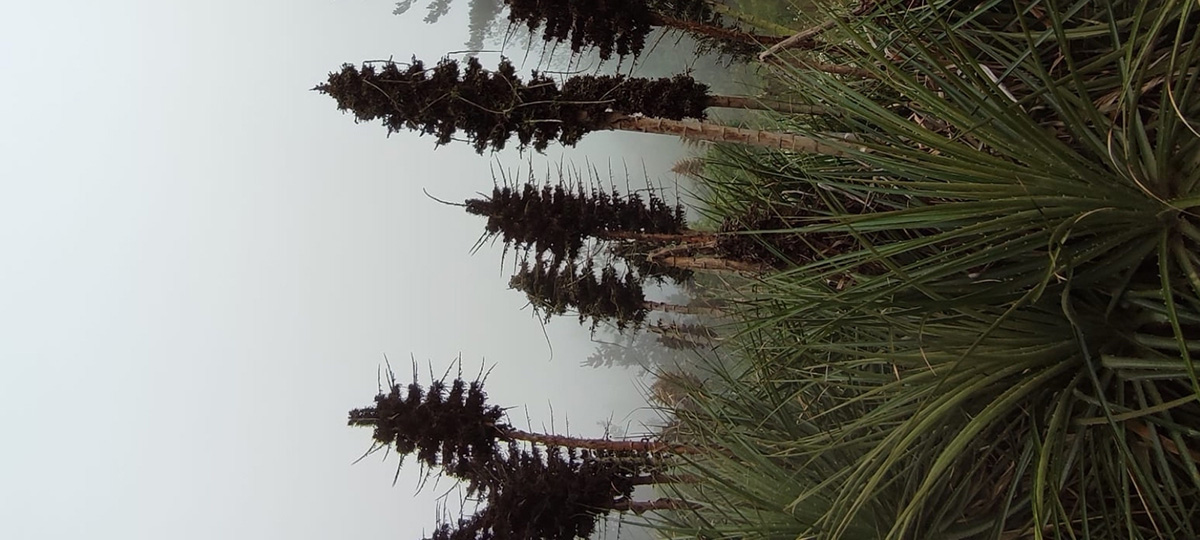[...] vamo pal monte Palo Yaya offers a creative, dance and musical experience imbued with Afro-Cuban dances present in the ancestral imagination of the communities of eastern Cuba. Dances characterised by their strength, skill and a combination of mythical, historical, secular and political elements. Necessary dances that allow a return to the spirituality of our ancestors and where we find the strength, the sounds and inspiring movements for our present-day struggles.
[...] vamo pal monte Palo Yaya is part of the Afroresistencias de Osikán - vivero de creación (creative incubator) programme. AfroResistencias is a programme of experimental sessions, talks, installations and performances that explore the dances that have endured in the lore of the Afro-Cuban, Caribbean and Latin American cultures as symbols of resistance, freedom and connection with the wisdom of ancestral bodies that travels to the present through actions, songs and rites.
José Ramón Hernández (Palma Soriano,1988) Indisciplinary Afro-Cuban artist. Lives and works in Madrid and Havana. His practice spans artistic direction, dramaturgy, choreography, living arts curating, installation, performance art, teaching and mediation and cultural management. Founder and artistic director of Osikán - vivero de creación. His creative research focuses on Afro-Cuban ritualities, performativities, peripheral bodies, substances, spiritualities, memories, migrations, cartographies and desires. He tests the limits between fiction and reality, work with non-fictional documents and the tools of sensibility to affect and intervene in social processes and communities.
